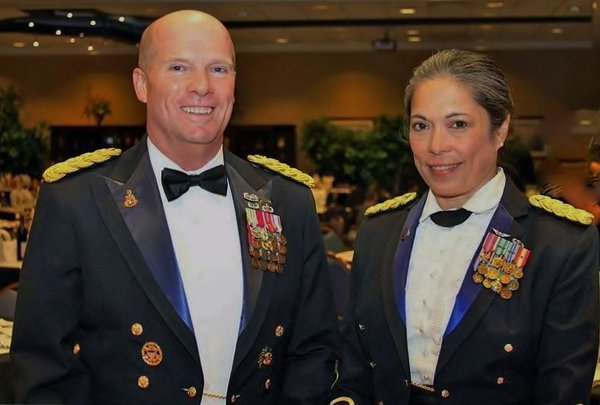Time for a U.S. Cyber Force | U.S. Naval Institute
Jared Sperli stashed this in cyber
Stashed in: Military!
Currently, each of the five services possesses a cyber component. For example, the Navy has Fleet Cyber Command, the Air Force has Air Force Cyber Command, and the Marine Corps has Marine Forces Cyber Command. The Army and Coast Guard also have similar units. Each component, although technically subordinate to CYBERCOM, supports service and joint missions. In other words, Fleet Cyber Command answers to both the Chief of Naval Operations and the CYBERCOM commander. When push comes to shove, though, the Navy dictates the criterion by which the 10th Fleet manages its cyber sailors. After all, the Navy, not CYBERCOM, is footing the bill.
Not only does this construct threaten unity of command and foster at times unhealthy competition among the services, but it also inhibits the establishment of universal standards that transcend the DOD’s cyber community. With so many different appropriation vehicles, CYBERCOM lacks sufficient influence over the services’ priorities, and in the event that CYBERCOM and its components do not share mission interests, conflicts inevitably arise. A stand-alone force would eliminate both the unity-of-command problem and the interservice rivalries. It would prevent the inefficiencies associated with disparate personnel standards while allocating resources based on objectively adjudicated priorities.
Some supporters of CYBERCOM’s organizational structure cite U.S. Special Operations Command, or SOCOM, as a replicable model. Like CYBERCOM, SOCOM is a functional (as opposed to geographic) command with representation from all five services. Put simply, if CYBERCOM’s function is cyberspace operations, then SOCOM’s function is special operations. The problem with drawing parallels between the two, however, is that SOCOM’s functions span multiple domains, whereas CYBERCOM’s functions only involve one domain—cyberspace. Therefore, SOCOM indeed requires the core competencies of all the services to carry out its missions in the sea, air, and on land. Cyberspace operations, by contrast, do not require any of the core competencies of the five services; in fact, the cyber domain requires precisely the core competencies that none of the other branches possesses.
soooooo.. the navy is whining that CYBERCOM isn't theirs?
More to the point, there's lots of duplication of effort and very little sharing that happens right now.
It's not in America's best interest to have these endeavors silo'd.











8:02 PM Jan 05 2014